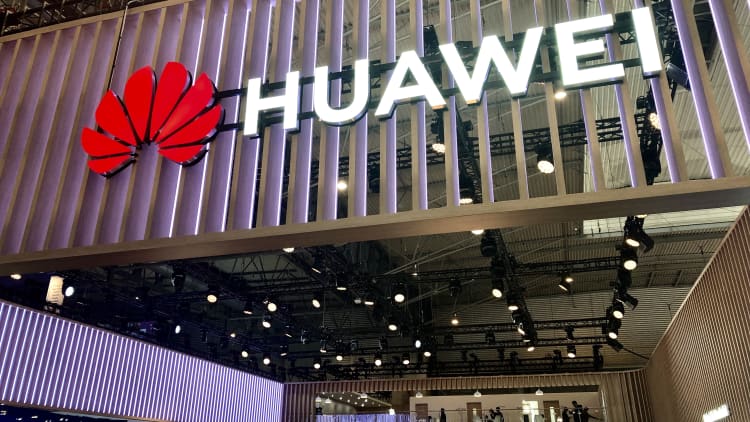
Alphabet Inc's Google said Tuesday that it plans to work with China's Huawei over the next 90 days, shortly after the U.S. temporarily eased some trade restrictions on the world's second-largest smartphone maker.
The move marks a sudden and dramatic turnabout for the U.S. tech conglomerate. On Sunday, Google said it would cut ties with Huawei in order to comply with Washington's decision to put China's telecom giant on the so-called Entity List.
However, shortly thereafter, the U.S. Commerce Department announced it had granted a 90-day license for mobile phone companies and internet broadband providers to work with Huawei to keep existing networks online and protect users from security risks.
The exemption allows Google to send software updates to Huawei phones which use its Android operating system through to August 19.
"Keeping phones up to date and secure is in everyone's best interests and this temporary license allows us to continue to provide software updates and security patches to existing models for the next 90 days," a Google spokesperson told CNBC in an email on Tuesday.
Temporary general license
The U.S. Commerce Department said it would assess whether to extend the temporary exemptions beyond 90 days.
Late last week, the Commerce Department added Huawei and 68 other entities to an export blacklist, rendering it practically impossible for the Chinese company to purchase goods made in the U.S.
The companies placed on the Entity List are deemed to be engaged in activities that threaten the national security or the foreign policy interests of the U.S.
Monday's announcement explained the latest authorization had been created as a temporary general license. It allows disclosures of security vulnerabilities and for Huawei to engage in the development of standards for future 5G networks — effectively prompting the firm to become more transparent.
A spokesperson for Huawei declined to comment when contacted by CNBC.
Huawei was the second-largest smartphone maker by global market share in the first quarter. The company has previously laid out its ambitions to become the top player in smartphones by 2020.
Out of the $70 billion Huawei spent buying components in 2018, some $11 billion went to U.S. firms including Qualcomm, Intel and Micron Technology.
Just over 49% of Huawei's smartphone shipments went to international markets outside of mainland China in the first quarter of 2019, according to Canalys.
— CNBC's Penny Chen and Reuters contributed to this article.
Correction: Google said Tuesday that it plans to work with China's Huawei over the next 90 days. The headline on an earlier version mischaracterized the move.


